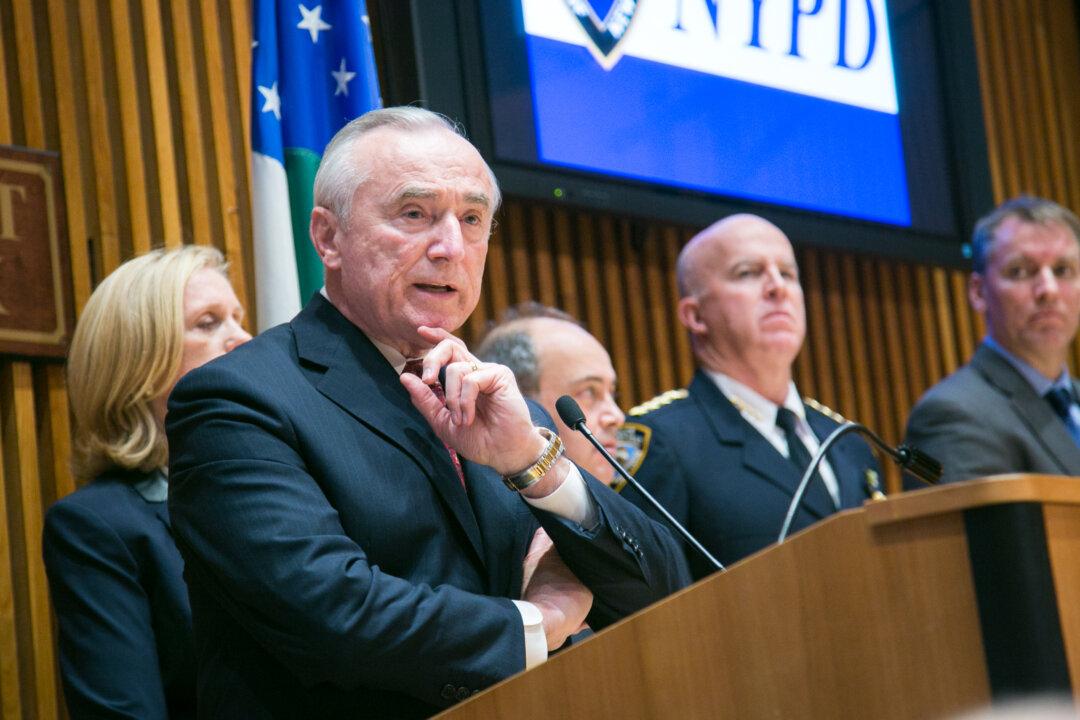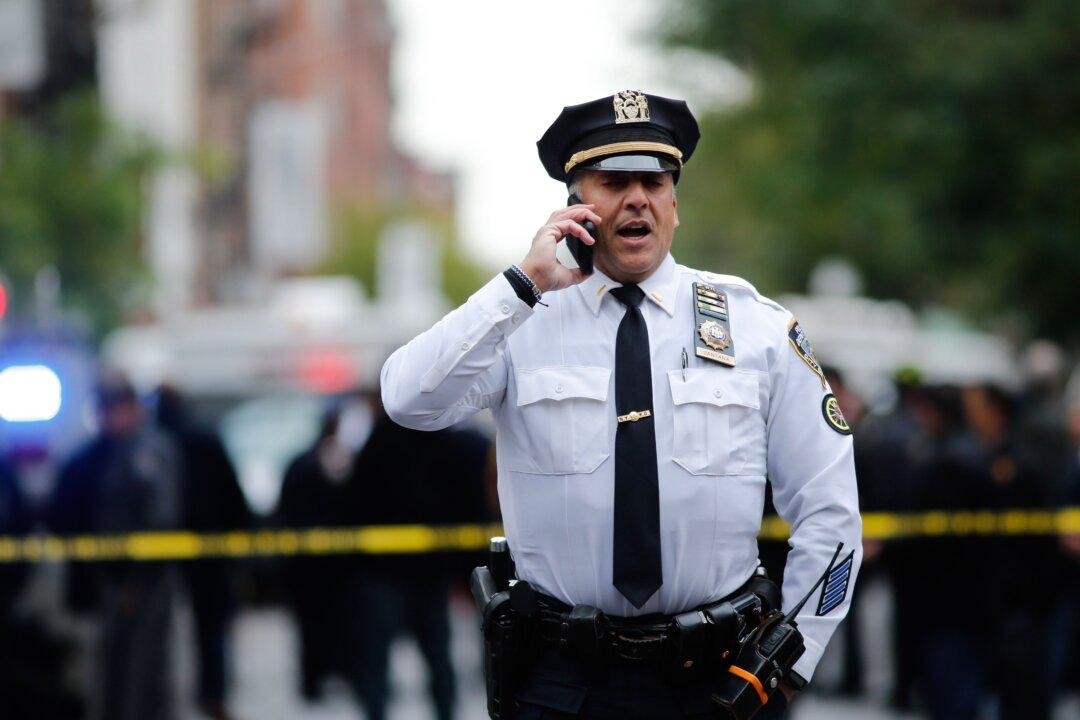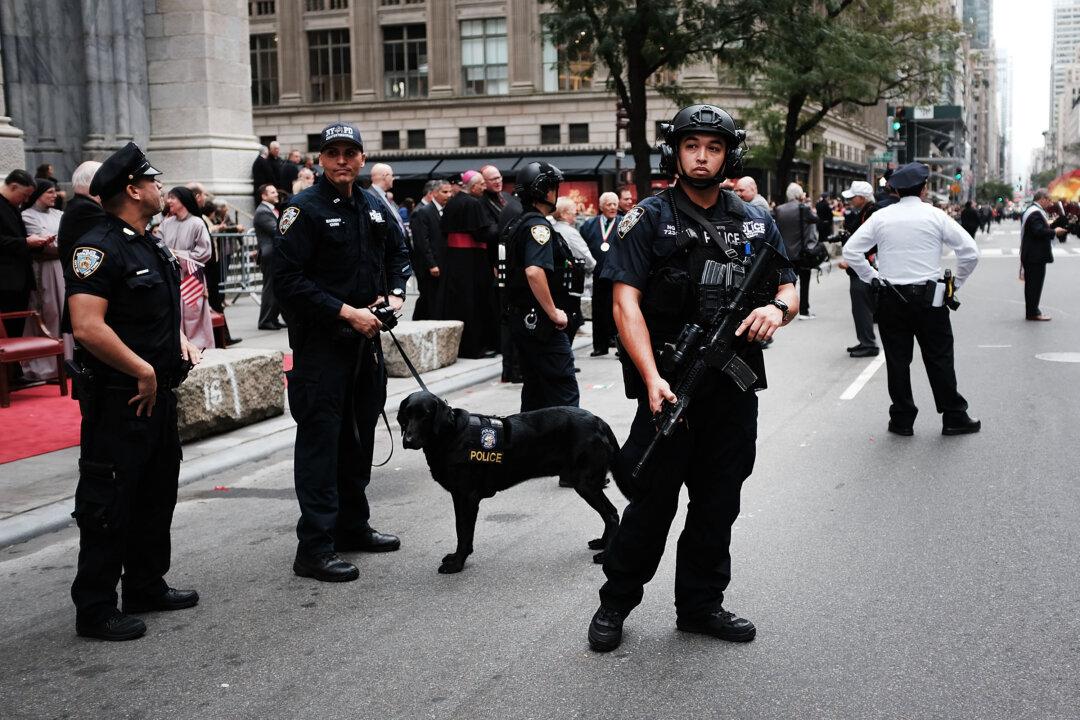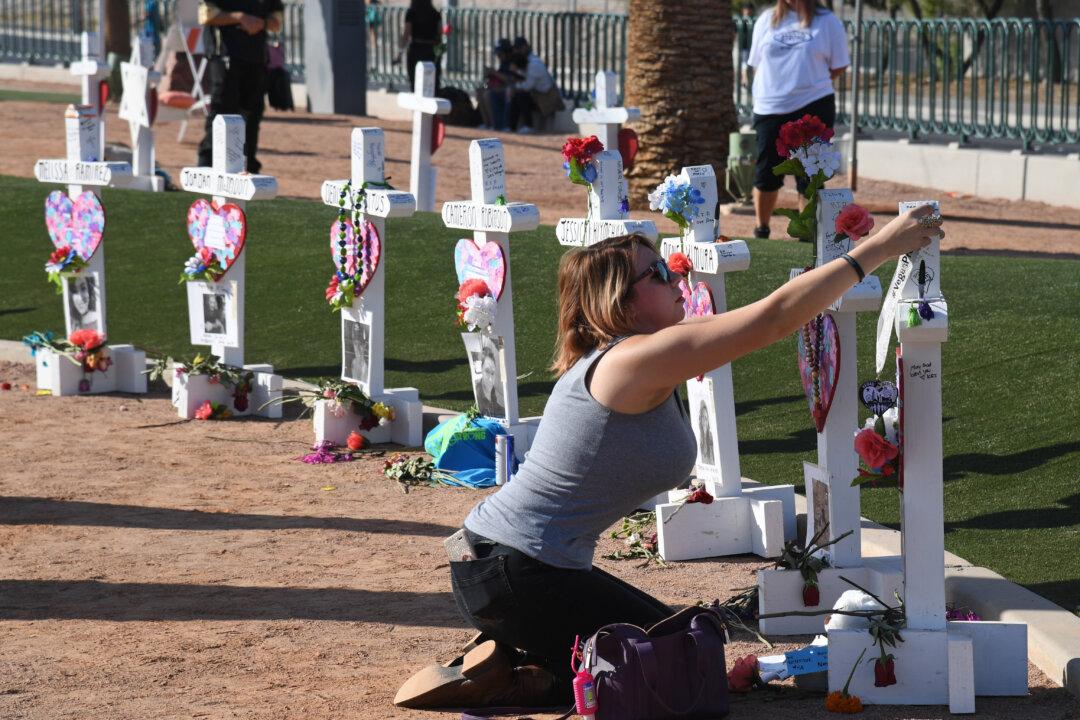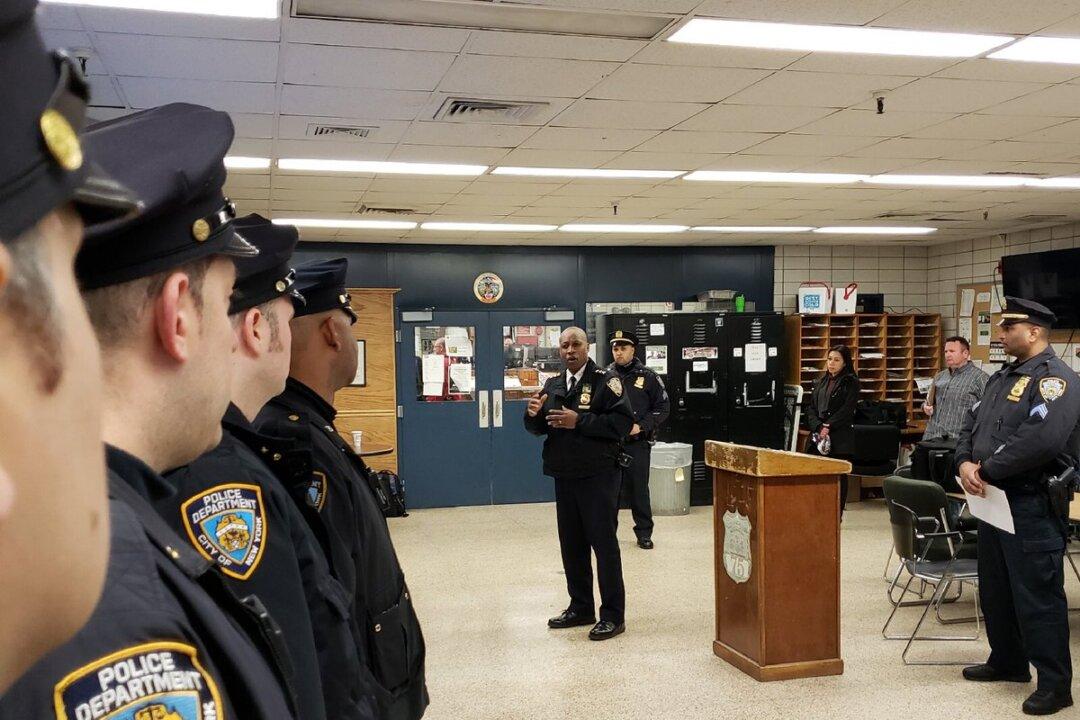On May 20, 2015, Officer Kerrie Orozco, a beloved member of the Omaha Police Department, was shot and killed while trying to serve a felony warrant.
Every fallen officer’s death is tragic, but Officer Orozco’s is particularly heartbreaking. She was scheduled to begin maternity leave the following day to care for her daughter Olivia Ruth, born prematurely in February.
“Officer Kerrie Orozco gave her life for all of us in her service to the Omaha Police Department. She will be missed and remembered as a loving wife, mother, daughter, and dedicated police officer,” said the Omaha mayor in a statement.

Omaha Police Officer Kerrie Orozco tribute. Courtesy of Omaha Police Department
